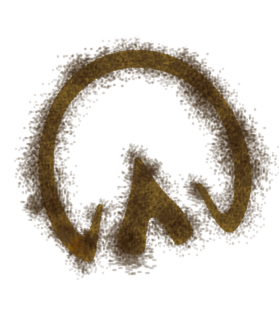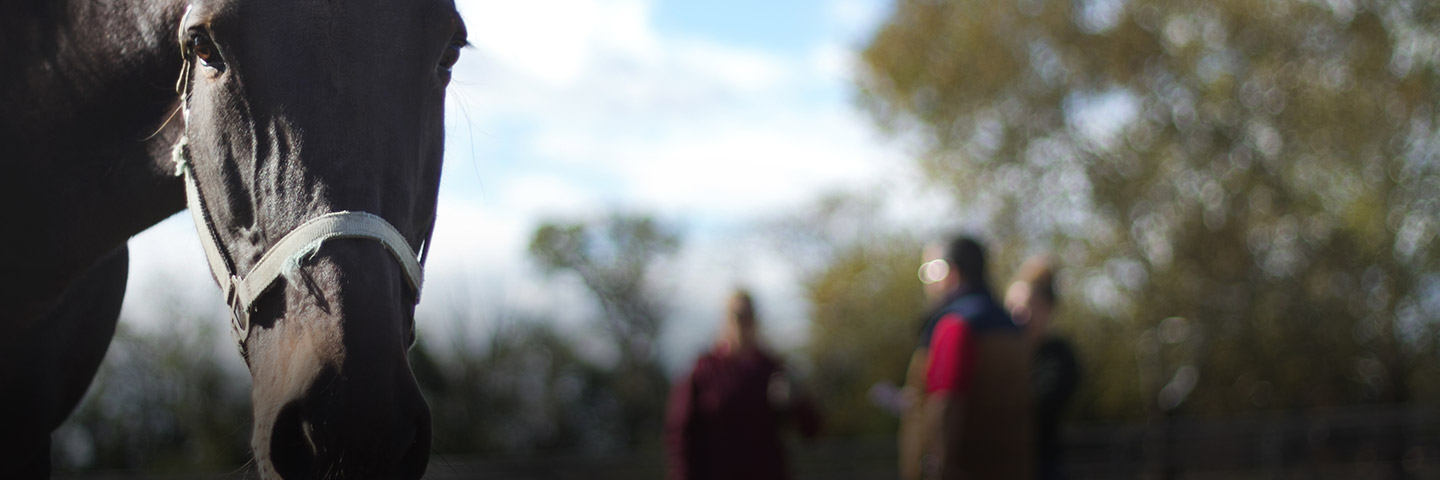Hay Everyone!
I am so excited!! Students are moving in on campus. It’s hard to believe another year has rolled by and we are ready to start another great school year. In the past, I’ve shared with you some ways we can keep ourselves healthy and performing at peak levels during the entire school year. This includes things like getting a good night’s sleep and staying fit with regular exercise. Diet is another important factor to consider as you evaluate your lifestyle and how to perform your very best this school year.
Horses and humans both require some basic nutrients in their diets. These include things like carbohydrates, proteins, fats, minerals, and vitamins. Of course, their diet must also include water! I wouldn’t want you getting dehydrated! The body uses these various nutrients found in the diet to stay healthy and perform everyday tasks such as breathing, thinking, and walking. How do you know what foods to feed your horse to make sure it’s receiving the right nutrients?
Well, the first step is to know what your horse’s nutrient requirements are. You can find this information in the Nutrient Requirements of Horses published by the National Research Council (NRC). The NRC has a website that allows you to look up nutrient requirements of horses and the nutrient composition of common feedstuffs to formulate diets. If this seems a little overwhelming, you can reach out to your local extension agent or an equine nutritionist for assistance. This first step is critical because horses do have varying nutrient requirements. A horse that spends most of its time lounging in a pasture won’t require the same nutrients as a horse competing in a sport such as three-day eventing or a young, growing horse.
Knowing the nutrient requirements of your horse will give you a sense of how to begin formulating and evaluating your horse’s diet. Horses with high energy and nutrient requirements may need energy dense feeds such as grain or pelleted feed. A horse with lower energy and nutrient requirements may need a less nutrient dense feed such as a low or medium quality hay. The most important thing to keep in mind as you begin considering and choosing feedstuffs is that your horse needs to consume AT LEAST 1% of its bodyweight in forage every day. This means a 1,200 lb. horse should eat at least 12 lbs. of forage each day. Forage is most commonly supplied in the form of pasture (grass) or hay. If you decide your horse requires more nutrients than what can be supplied through the forage (you can feed up to 2 or 2.5% of your horse’s bodyweight each day), then you need to start thinking about adding a grain or a pelleted feed to your horse’s diet. If you choose to feed a grain or combination of grains such as oats, corn, and barley, you’ll need to carefully evaluate your horse’s diet to check for excesses or deficiencies of nutrients. Commercial pelleted feeds or grain mixes are carefully formulated by nutrition specialists to meet a horse’s nutrient requirements if fed as directed on the bag. Most of these feeds are formulated to be fed with a forage, but some are complete feeds which also supply the horse with its forage. Carefully read the instructions on the bag as it will tell you what type of horse it was formulated for, how much to feed, and whether you should also be providing a forage.
If you want to learn more about horse nutrition and the horse’s digestive system, you can check out this factsheet by Dr. Williams. You can also take a look at the factsheet on feeding performance horses. You can always find information out there on the web about feeding your horse and the best diet for it. As you look through other information you may find, be sure to take a moment to evaluate it. Does it come from a reputable source? Is the information provided in line with other information you know about equine nutrition? If you can answer yes to both of these questions, there is a good chance that the information provided is accurate. If your answer is no to these questions, then you may want to do some further researching and reading on the information presented.
Hopefully, this post gave you some helpful resources and information to use when deciding what to feed your horse. All this talk about food has made me a little hungry. I think I might need to find a snack for myself!
Until Next Time.
Your Friend,

Lord Nelson

